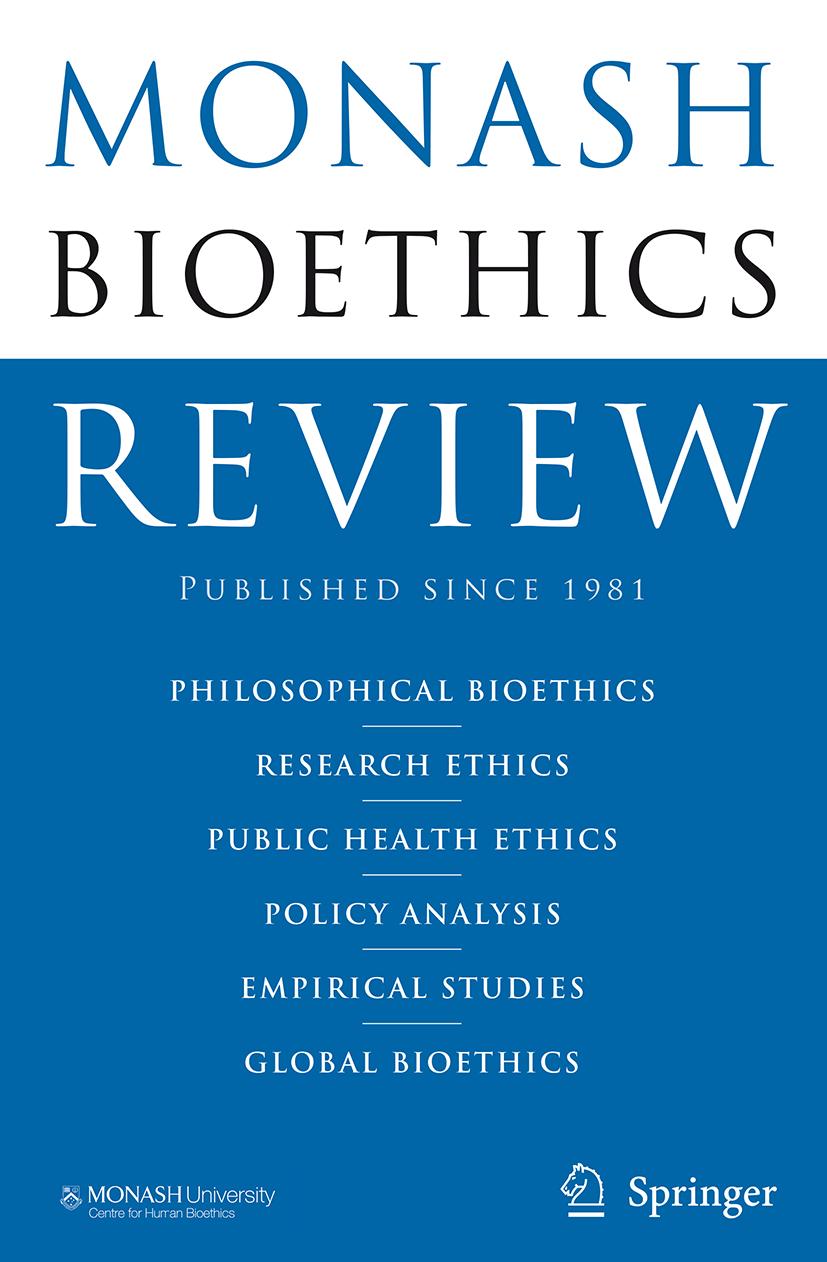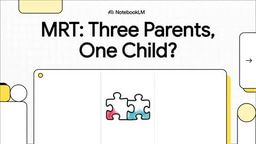Confugenics - Consumer Eugenics in East Asia
Published in Healthcare & Nursing, Social Sciences, and Genetics & Genomics
Please also see the slide presentation video:
This study examines the declining fertility rates in East Asian Confucian societies, focusing on the unique childrearing practices and how future advancements in human enhancement and reprogenetic technologies may further accelerate the demographic decline. The focus is on the obsession with "child perfectionism" driven by the pursuit of academic credentialism and hypercompetitive social norms. This phenomenon has roots in the historical imperial examinations of China, which has evolved into modern college entrance exams. The imperial examination system, in place from 605 AD (Sui dynasty) until its abolition in 1905 (Qing dynasty), was largely based on classical Confucian texts and offered a significant path for social mobility, allowing people from all social classes, rich or poor, to compete for prestigious and well-paid government positions. This led to the rise of an elite class of scholar-bureaucrats who were more respected than other professions like farmers, merchants, or craftsmen, as reflected in the saying, "Scholarship pursuit surmounts all other occupations" (万般皆下品,惟有读书高). The most intelligent young men ascended to the status of scholar-officials, who administered the populace, accumulated wealth, married multiple wives and fathered numerous offspring, thus contributing disproportionately to the current Chinese population gene pool. Indeed, this is best encapsulated by a quote from the first Prime Minster of Singapore, Mr. Lee Kuan Yew, who said, “So the successful merchant or the Mandarin, gets the pick of all the rich men's daughters and the prettiest village girls and has probably five, six, seven, eight, nine, ten different wives and concubines and many children. And the poor laborer who is dumb and slow, he is neutered. It is like the lion or the stag that is outside the flock. He has no harems, so he does not pass his genes down. So, in that way, a smarter population emerges.”
Recent growth in knowledge-based and technology-driven economies in East Asia has further fueled the cultural and historical obsession with academic credentialism, leading to the widespread practice of "tiger parenting" whereby parents push their children into the competitive educational system at an early age, often paying high fees for private tuition. Such intense pressure discourages many families from having more children, with some couples choosing not to have any children at all. The development of cognitive-enhancing brain chips and reprogenetic technology platforms for consumer eugenics, such as germline genome editing and polygenic embryo screening, may further increase financial strain on parents, potentially accelerating demographic decline. Due to the high costs of these human enhancement technologies, prospective parents who initially desired two or more children may eventually decide to just have one "specially-enhanced" child, preferably a boy. This may further distort population dynamics, exacerbate imbalances and contribute to a worsening fertility crisis in the future.
A new terminology - Confugenics (儒家优生优育, rújiā yōushēng yōuyù) is thus proposed to describe the prospective intersection of such new eugenics and enhancement technologies with the Confucian fixation on academic achievements and social status shaped by hyper-competitive social norms within East Asian societies. This combines "Confu-" (derived from Confucianism - 儒家 (rújiā), representing the influence of Confucian ethical, familial, and social values) with "-genics" (derived from eugenics -优生 (yōushēng), relating to the concept of selective reproduction of individuals with advantageous genetic traits to improve the quality of the human population). Additionally, the proposed Chinese terminology (儒家优生优育) also holistically incorporates “good child upbringing” or “good parenting” (优育, yōuyù).
Follow the Topic
-
Monash Bioethics Review

This journal provides comprehensive coverage of traditional topics and emerging issues in bioethics and is especially concerned with empirically-informed philosophical bioethical analysis with policy relevance.
Related Collections
With Collections, you can get published faster and increase your visibility.
Migration Health Ethics
Publishing Model: Hybrid
Deadline: Dec 31, 2026






Please sign in or register for FREE
If you are a registered user on Research Communities by Springer Nature, please sign in